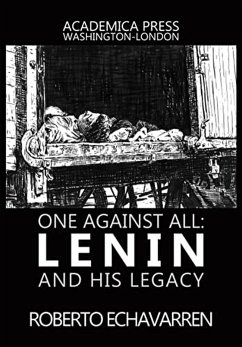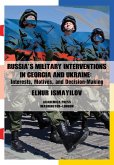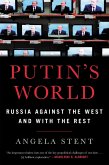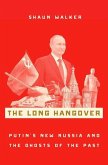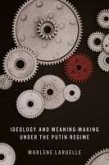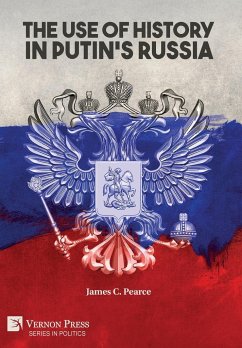After decades of misinformation during the Soviet period, we can today, with historical hindsight and a better grasp of old and new sources, appraise what Lenin's government meant for Russia and the world. Without Lenin, the alternative models of totalitarian dictatorships in the 20th century, so aptly characterized this way by Hannah Arendt, would have been unthinkable. In what some have called "the Russian century," the Soviet regime was an unflinching enemy to parliamentary democracy, separation of powers, the market economy, civil rights and free speech. Lenin destroyed politics understood as a process of dialogue and negotiation, and implemented a policy of terror.
Hinweis: Dieser Artikel kann nur an eine deutsche Lieferadresse ausgeliefert werden.
Hinweis: Dieser Artikel kann nur an eine deutsche Lieferadresse ausgeliefert werden.

